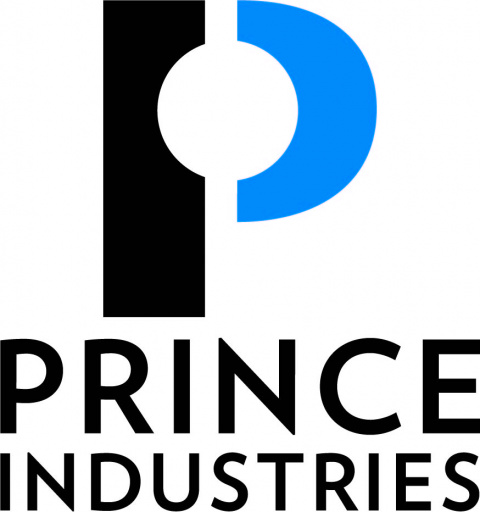
This afternoon, I read a great piece on training by Casey Laughman of Food Engineering Magazine, and how huge changes have happened seemingly overnight, thanks to the pandemic and our limitations on traveling and gathering in groups. The article talks about how companies like JLS Automation, Alchemy, and Thermal Fluid Solutions are leveraging innovative technologies like augmented reality, remote access, and Zoom to guide customers as they work on their equipment, and even to accelerate the hiring process. After all, COVID really did highlight that for food processors, the show must go on.
Of course, none of this comes as a surprise to most FPSA members. In fact, I know one in particular who would happily give me 5 to 10 more examples of how suppliers are using technology to continue servicing their customers in this difficult period (in fact, we’re already developing a session on that for October’s PROCESS EXPO). But my point is that some of these changes that we have made for COVID will stay with us even after this pandemic is relegated to the history books. Why? Because many of us, whether it’s the supplier or their customer, see cost savings in some of these measures. In short, it makes good business sense to stick with them.
While digging down into this topic a little, I found some information from another one of our member companies, CRB. On the CRB website, Director of Food Processing and Food Safety, Pablo Coronel PhD states that “New technologies and increased automation have also flourished to aid social distancing. In fact, it’s accelerated an automated future that was already on its way.” In fact, a survey conducted by McKinsey this fall supports this statement, estimating that new technology adoption has been speeded up by years as a result of the pandemic. Also, according to this study, the adoption of new online digital technologies is not just about cutting costs. It’s also about long term strategy, being more agile, and finding new competitive advantages.
Along these lines, one area that FPSA is working hard to assist its members is in online training. As I have mentioned in earlier blog postings, just like most industries, the food industry faces a serious challenge in finding new labor to replace the retiring baby-boomer generation. Once that hurdle is cleared and someone is hired, we now face the challenge of training them to work on ever-more sophisticated equipment thanks to the technology that can be highly automated. How do you do that when pulling a group together for a training session represents risk?
As mentioned above, our member companies have a variety of ways to do that. One new solution which we introduced this January is the FPSA 180 Skills online training program. Designed specifically for manufacturers, this program offers over 700 different courses that members can use to train in important technical areas like electricity, welding, quality, lean manufacturing, hydraulics, robotics, etc. Unlike the courses we used to take down at the community college, 180 Skills courses can be done at the employees' own pace, in their own environment. And it’s not just technical courses. There are many courses in “soft skills” such as communication, conflict management, time management, and customer service.
In short, this is yet one more avenue where companies are taking advantage of technology to address important issues. If you have other examples I should be looking at and maybe highlight in future posts, feel free to reach out to me at adrennan@fpsa.org.

































